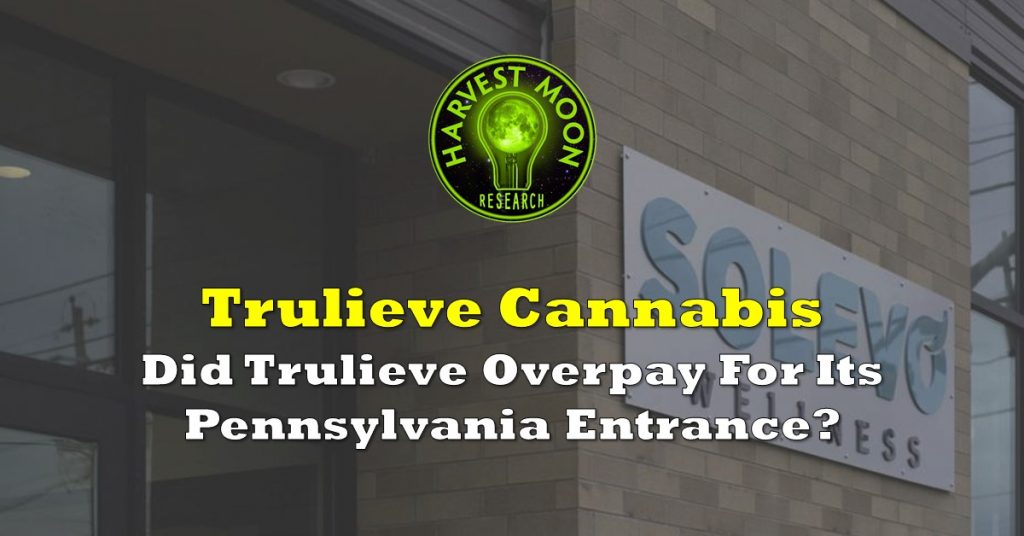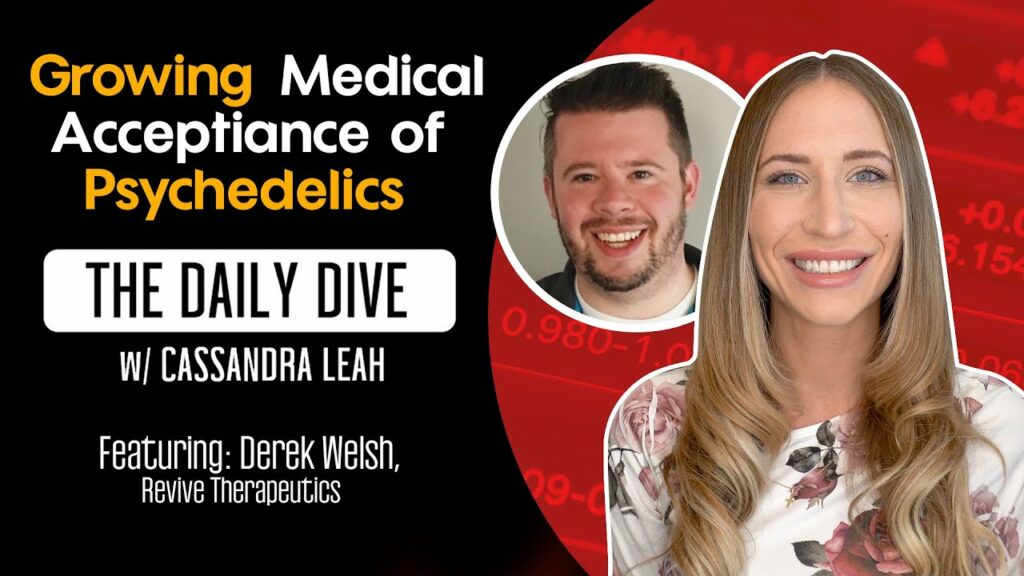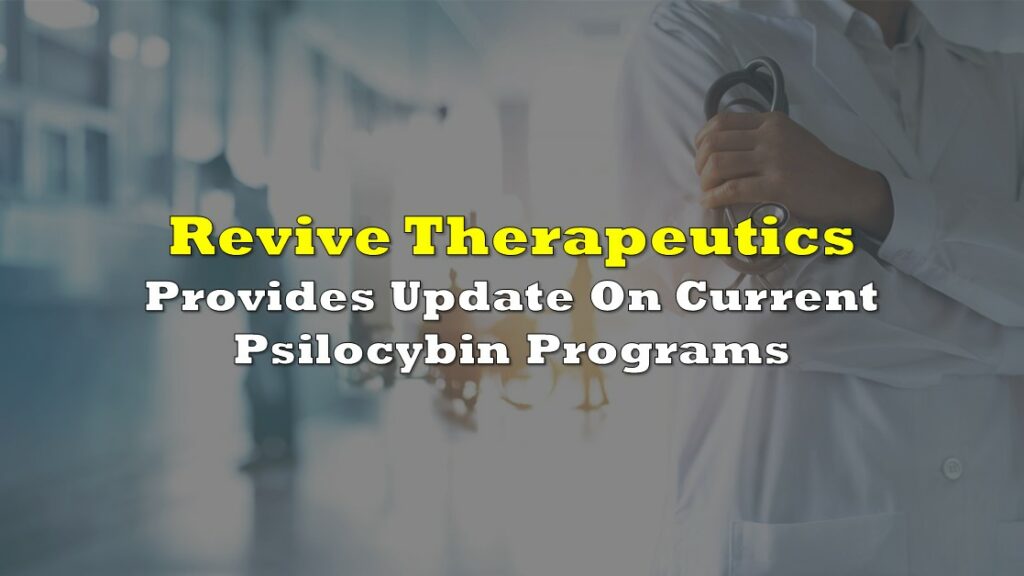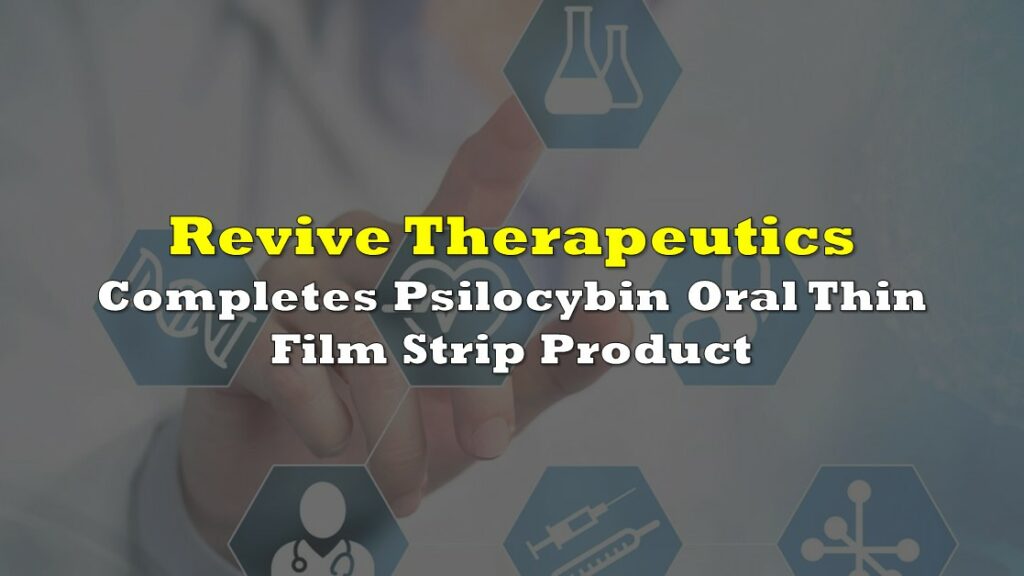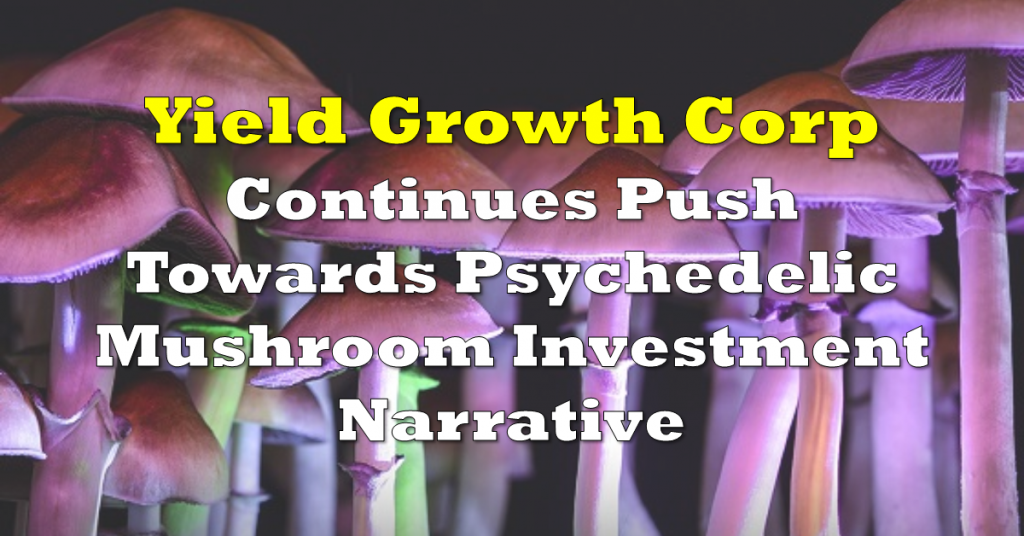Psychedelics are a class of pharmacological compounds that produce unique and profound changes of consciousness. The most common psychedelics are psilocybin, LSD (lysergic acid diethylamide), DMT (dimethyltryptamine), and mescaline.

In the past year, psilocybin has seen a reemergence. Decriminalization efforts are underway throughout the US. Mainstream media have begun to run specials on its popularity. The FDA has given it special designation to be used in clinical trials.
It’s ascension has given rise to the question: Is Psilocybin the next Cannabis?
–
KEY TAKEAWAYS:
- Psilocybin mushrooms could evolve through a pathway similar to what we’ve recently seen in the cannabis industry
- Early studies have shown that psilocybin therapy can provide an immediate and sustained reduction in depression following a single treatment
- If psilocybin sales parallel those of cannabis, the potential market would be monstrous
- Investing in psilocybin technology is the next right move
–
INTRODUCTION
The global legal cannabis market is set to reach over $63 billion in value by 2024, a staggering 350% growth since 2014. As medical benefits become mainstream knowledge and decriminalization increases, the public continues to clamor for new cannabis products.
If history repeats itself, as it often does, psilocybin, the active ingredient in over 200 mushrooms, could be the next big thing.
–
MODEL PARALLELS: CANNABIS & PSILOCYBIN
Legislative changes and reform in the cannabis sector gave rise to multiple cannabis-based business opportunities; a market value of $12 billion for 2018.
Evidence suggests that psilocybin mushrooms could evolve through a pathway similar to what we’ve recently seen in the cannabis industry.
Despite the stigma of marijuana or the latent fear behind psilocybin mushrooms, both compounds are being actively decriminalized and medically researched. But the similarities don’t end there.
- Both are products of living organisms: Cannabis is a plant, Mushrooms are a Fungi
- Both Cannabis and Psilocybin Mushrooms were regulated to Schedule I in 1970
- Both Cannabis and Psilocybin mushrooms contain multiple active compounds
- Both products work through an Entourage Effect
- Both Cannabis and Psilocybin research has shown that both are relatively safe and medically relevant
- Changes in Cannabis and Psilocybin regulation attract corporate influence
–
CULTURAL SHIFT
Society is balking at social convention and taking a closer look at things that were considered taboo. The same baby boomer generation that popularized marijuana and psychedelic mushrooms as recreational drugs, are looking to benefit from their medicinal potential.
The psilocybin decriminalization movement is upon us.
As more people have treatment-resistant illnesses, whether it is chronic pain, depression, or anxiety; novel treatments and out of the box thinking drive the next big wave of pharmaceutical consumerism.
Denver is just the first domino.
–
INITIATIVE 301
Denver, Colorado becomes the 1st US city to decriminalize psilocybin mushrooms in May 2019. The initiative makes the personal use and possession of psilocybin mushrooms among those 21 and older the lowest law enforcement priority.
–
OAKLAND, CALIFORNIA
June 2019, Oakland City Council votes to decriminalize psychedelics that come from plants and fungi, including psilocybin mushrooms. Law enforcement won’t prosecute those who possess the substance, although distribution will remain illegal.
–
PSILOCYBIN SERVICE INITIATIVE
Oregon is considering a measure in that will allow access to “guided psilocybin services” while lowering penalties for possession. The Psilocybin Service Initiative, or Initiative #34, has until July 2020 to get 112,030 signatures to get the measure on the November 2020 ballet.
Decriminalizing psilocybin mushrooms would create a market for mushroom products in much the same way that decriminalizing cannabis led to its’ emergence and growth.
Given the financial upside of the cannabis sector, investing in psilocybin technology is the next right move.
–
BREAKTHROUGH THERAPY
June 2018, GW Pharmaceuticals made headlines as it received FDA approval for Epidolex, a cannabidiol (CBD) based drug that treats epilepsy in children. As its website notes, more than 12,000 patients have received the CBD oil since its launch and Epidolex sales were $72 million in is second quarter alone.
Pharmaceutical Cannabis is big business. The push for pharmaceutical psilocybin is ahead.
Dr. Charles Grog of UCLA School of Medicine, has studied psilocybin extensively and authored research on psilocybin use as a treatment for anxiety in people with cancer. The preliminary results were promising. So much so that the FDA has given psilocybin Breakthrough Therapy Designation.
The FDA designates a drug as a Breakthrough Therapy if preliminary clinical evidence shows that it may demonstrate substantial improvement over available therapy. Breakthrough Therapies are then supported by the FDA throughout the clinical development program to ensure a program that is as efficient a process as possible.
Researchers are on a fast track to developing a treatment for depression using the psilocybin.
COMPASS Pathways is currently conducting phase II b clinical trials of psilocybin for treatment-resistant depression.
–
CENTER OF PSYCHEDELIC AND CONSCIOUSNESS RESEARCH AT JOHN HOPKINS MEDICINE
Since 2000, John Hopkins has been at the forefront of psychedelic research, achieving regulatory approval to reinitiate research among healthy volunteers. Their 2006 publication of positive effects of psilocybin micro dosing precipitated psychedelic research worldwide.
A randomized, double blind trial, led by Dr. Roland R. Griffiths, published in Journal of Psychopharmacology showed that a single dose of psilocybin produces substantial and sustained decreases in depression and anxiety in patients with life-threatening cancer (2016).
Griffiths’s will head the first of its kind, psychedelic research center in the US, the largest of its kind in the world. The Center for Psychedelic and Consciousness Research is funded with an initial $17 million donation, by a group of private donors. Operational expenses for the first five years will be covered by additional private funding, led by the Steven & Alexandra Cohen Foundation,.
Research will continue to focus on how psychedelics affect behavior, brain function, learning and memory, the brain’s biology, and mood.
Tracy Cheung, communications director for COMPASS Pathways, states:
“the early studies have shown that psilocybin therapy can provide an immediate and sustained reduction in depression following a single treatment.”
–
BE A FIRST MOVER
A start-up mushroom company should be just that. A mushroom company focused solely in this space. Look for companies that are focusing strictly on Mushrooms and Psychedelic Space – don’t look to invest in a failed cannabis company or any other company looking to simply pivot because of trends. That’s a guaranteed two-time loser. Seed and early-stage investors should be looking for low market cap and tight float companies. The current norm? Startups will typically have little to no collateral and/or zero revenue. Therefore, early-stage investing offers potential for astronomical growth and out sized returns similar to the cannabis boom. However, Mushrooms will be only 1/10th of Cannabis – just choose winners this time around.
Deregulation of Psilocybin will propel the growth of product and auxiliary services. Given the similarities between Cannabis and Psilocybin, it’s correct to assume psilocybin to follow an analogous trajectory to cannabis, just on a smaller scale.
Content provided via Harvest Moon Research, LLC.
The Deep Dive, and it’s parent company Canacom Group, has not reviewed the above content and is hereby not responsible for statements made within. The Deep Dive and it’s parent company Canacom Group has no securities or affiliations related to any organization mentioned within. Not a recommendation to buy or sell. Always do additional research and consult a professional before purchasing a security. The Deep Dive and it’s parent company Canacom Group holds no licenses.





